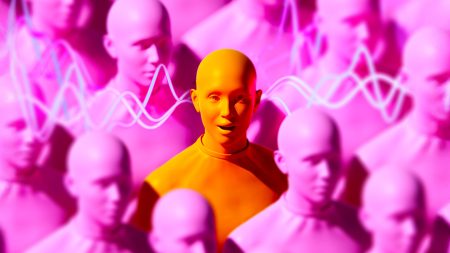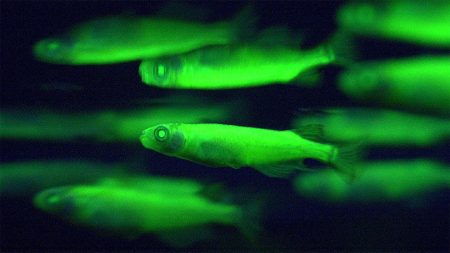The LZ experiment has made significant progress in narrowing down the potential hiding spaces for dark matter particles. Dark matter, a substance that has never been directly detected but whose influence can be seen on the scale of galaxies and galaxy clusters, was the focus of this research. The LZ detector, filled with 10 metric tons of liquid xenon, searched for weakly interacting massive particles (WIMPs) with masses above 9 billion electron volts, ruling out their existence with certain properties. The researchers used 280 days’ worth of data for this study, with the final results expected to be based on 1,000 days of data, allowing them to make more accurate conclusions about dark matter.
The research team behind the LZ experiment characterized WIMPs by their cross section, which determines the probability that a particle will interact with other particles. The results of the study significantly reduced the maximum possible cross section compared to previous estimates, pointing to a narrower range of possibilities for dark matter particles. The spokesperson for LZ, physicist Chamkaur Ghag of University College London, expressed excitement about the progress made in exploring new territories in the search for dark matter. This study was presented at two conferences – the TeV Particle Astrophysics meeting in Chicago and the Light Detection in Noble Elements meeting in São Paulo.
Scientists are optimistic about the potential for LZ’s continued exploration of dark matter possibilities with the accumulation of additional data over time. The LZ experiment is expected to further refine the restrictions on dark matter properties or potentially detect evidence of its existence. The results of this study mark a significant advancement in the understanding of dark matter particles and their properties, providing valuable insights into the nature of this elusive substance that makes up a substantial portion of the universe.
Climate change is a pressing issue that requires attention and informed action, making support for climate journalism more important than ever. Science News and the Society for Science are calling for assistance to strengthen environmental literacy and ensure that responses to climate change are grounded in scientific knowledge. By subscribing to Science News and contributing to expanding science literacy, individuals can play a role in promoting informed decision-making and understanding of crucial environmental issues facing the world today. Physics writer Emily Conover, with a Ph.D. in physics from the University of Chicago, has been recognized for her contributions to science communication through awards from the D.C. Science Writers’ Association.















